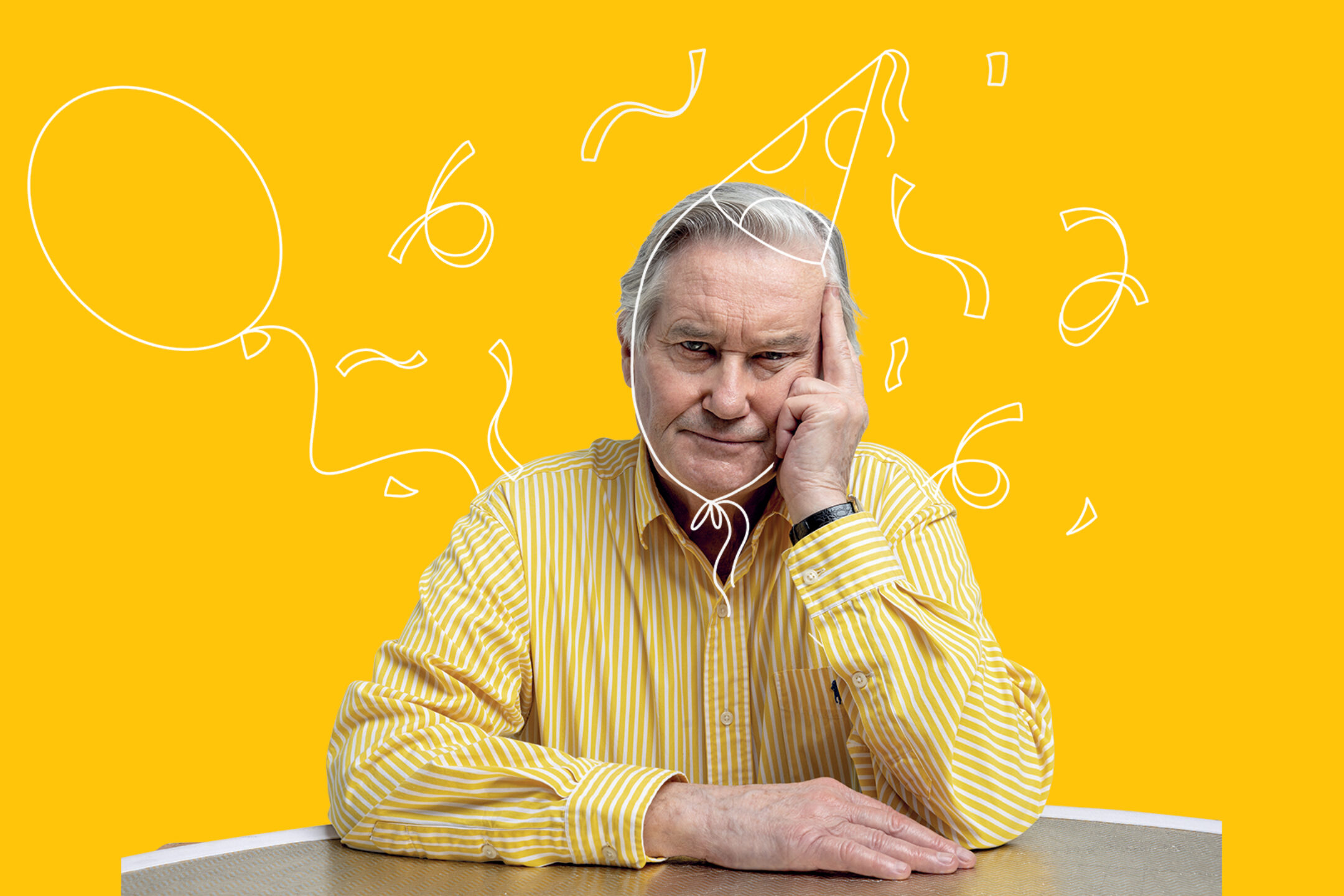Crown Family Values In Different Cultures: A Global Perspective On Royal Traditions
What are crown family values in different cultures? Well, buckle up because we're diving deep into the fascinating world of royal traditions, customs, and values that shape the lives of royal families across the globe. Whether you're a history buff, a culture enthusiast, or just someone who loves a good royal drama, this article has got you covered. From the opulent palaces of Europe to the ancient kingdoms of Asia, we'll explore how crown family values define the essence of monarchy in various cultures.
Picture this: a royal family sitting around the dinner table, discussing matters of state while maintaining centuries-old traditions. These values aren't just rules—they're the backbone of their identity. Crown family values encompass everything from honor and duty to loyalty and heritage, and they vary significantly depending on the cultural context. So, what exactly makes these values unique in different parts of the world? Let's find out.
Throughout history, royal families have played a crucial role in shaping the cultural, political, and social landscapes of their respective nations. Their values reflect not only their personal beliefs but also the collective identity of their people. In this article, we'll take a closer look at how crown family values manifest in various cultures, shedding light on their significance and impact. So, grab your favorite drink, and let's embark on this royal journey together.
- Murdoch Mysteries Actor Dies A Heartfelt Tribute To A Beloved Star
- Chloe And Matt Leak The Untold Story Behind The Viral Sensation
Understanding Crown Family Values Across Cultures
Before we dive into the specifics, it's essential to understand what crown family values really mean. At their core, these values are the guiding principles that dictate the behavior, decisions, and interactions of royal families. They serve as a moral compass, ensuring that the monarchy remains relevant and respected in an ever-changing world. But how do these values differ across cultures? Let's break it down.
Key Components of Crown Family Values
- Honor: A sense of dignity and respect that defines the royal persona.
- Duty: The commitment to serve one's country and people above personal interests.
- Tradition: The preservation of customs and rituals passed down through generations.
- Legacy: The responsibility to uphold the family's reputation and historical significance.
These components form the foundation of crown family values, but their interpretation and application vary widely depending on the cultural context. For instance, a European monarchy might emphasize duty and tradition, while an Asian royal family might prioritize harmony and collective well-being.
The Role of Crown Family Values in European Monarchies
Let's start our journey in Europe, where royal families have long been synonymous with power, elegance, and tradition. European crown family values are deeply rooted in history, with a strong emphasis on duty, honor, and public service. These values are not just lip service—they're woven into the fabric of royal life, influencing everything from royal weddings to state visits.
- Taylor Mathis Naked Leaked A Closer Look At Privacy Ethics And The Internet
- Jasi Bae Video Your Ultimate Guide To This Viral Sensation
Key Features of European Crown Family Values
European royal families often prioritize:
- Public service: Royal family members are expected to engage in charitable activities and represent their nations on the global stage.
- Tradition: From coronation ceremonies to royal weddings, every event is steeped in centuries-old customs.
- Etiquette: Royal families adhere to strict codes of conduct, ensuring that they maintain a dignified and respectful image.
Take the British monarchy, for example. The Royal Family is known for its unwavering commitment to duty, with members like Queen Elizabeth II and Prince Charles setting the standard for public service and tradition. But how do these values compare to those in other parts of the world? Let's find out.
Crown Family Values in Asian Monarchies
Now, let's shift our focus to Asia, where crown family values are deeply intertwined with concepts like harmony, respect, and filial piety. Asian royal families often emphasize the importance of maintaining balance and unity within the family and society at large. These values are reflected in their interactions, decision-making processes, and public appearances.
Distinctive Features of Asian Crown Family Values
Asian royal families typically value:
- Harmony: Ensuring peaceful coexistence within the family and society.
- Filial piety: Respecting and honoring one's elders and ancestors.
- Collective well-being: Prioritizing the needs of the community over individual desires.
In countries like Thailand and Bhutan, royal families play a crucial role in promoting social harmony and cultural preservation. Their values are often reflected in their efforts to support education, healthcare, and environmental sustainability. It's a testament to how crown family values can have a tangible impact on society.
African Crown Family Values: A Blend of Tradition and Modernity
African monarchies offer a unique perspective on crown family values, blending ancient traditions with modern sensibilities. In many African cultures, royalty is seen as a bridge between the past and the present, with royal families serving as custodians of cultural heritage. Their values often emphasize community, spirituality, and leadership.
Core Aspects of African Crown Family Values
African royal families often prioritize:
- Community: Fostering a sense of belonging and unity among their people.
- Spirituality: Incorporating traditional beliefs and practices into their daily lives.
- Leadership: Guiding their communities with wisdom and integrity.
For instance, the Zulu Kingdom in South Africa places great importance on community engagement and cultural preservation. Their crown family values reflect a deep respect for tradition while embracing the challenges of the modern world.
Latin American Crown Family Values: A Legacy of Resilience
In Latin America, crown family values are often shaped by a history of resilience and adaptation. Although many Latin American countries no longer have active monarchies, their royal legacies continue to influence cultural norms and social structures. These values emphasize strength, family bonds, and cultural pride.
Defining Features of Latin American Crown Family Values
Latin American royal families traditionally value:
- Strength: Overcoming adversity and standing up for their beliefs.
- Family bonds: Prioritizing relationships and maintaining close ties with loved ones.
- Cultural pride: Celebrating their heritage and sharing it with the world.
Even in countries without active monarchies, the influence of crown family values can still be seen in local customs and traditions. It's a testament to the enduring power of these principles.
Middle Eastern Crown Family Values: A Blend of Tradition and Modernity
The Middle East offers another fascinating perspective on crown family values, where tradition and modernity coexist in a delicate balance. Royal families in this region often emphasize faith, hospitality, and leadership, reflecting the unique cultural and religious contexts in which they operate.
Key Elements of Middle Eastern Crown Family Values
Middle Eastern royal families typically value:
- Faith: Guiding their actions and decisions based on religious principles.
- Hospitality: Welcoming guests with open arms and treating them with respect.
- Leadership: Providing guidance and support to their people during challenging times.
In countries like Saudi Arabia and the United Arab Emirates, crown family values play a crucial role in shaping national identity and fostering social cohesion. These values are reflected in their efforts to modernize while preserving their cultural heritage.
Comparing Crown Family Values Across Cultures
Now that we've explored crown family values in different parts of the world, let's take a step back and compare how they differ. While there are common themes like duty, tradition, and leadership, the way these values are expressed varies significantly depending on cultural context.
Similarities and Differences
Some key similarities include:
- A commitment to serving one's people and nation.
- An emphasis on preserving cultural heritage and traditions.
- A focus on maintaining dignity and respect in public life.
On the other hand, differences can be seen in:
- The role of spirituality and religion in shaping values.
- The balance between individual and collective interests.
- The extent to which modernity influences traditional practices.
Understanding these similarities and differences can help us appreciate the diversity of crown family values across cultures.
The Impact of Crown Family Values on Society
So, why do crown family values matter? Beyond their role in shaping the lives of royal families, these values have a profound impact on society as a whole. They influence public perceptions of monarchy, shape cultural norms, and inspire individuals to live according to higher ideals.
Positive Effects of Crown Family Values
Crown family values can:
- Promote social cohesion by emphasizing unity and cooperation.
- Inspire individuals to pursue public service and community engagement.
- Preserve cultural heritage and traditions for future generations.
However, it's important to acknowledge that crown family values can also have their challenges. Balancing tradition with modernity, maintaining public trust, and adapting to changing societal norms are just a few of the issues that royal families must navigate.
Challenges Facing Crown Family Values Today
In an increasingly interconnected world, crown family values face new challenges that test their relevance and resilience. From media scrutiny to shifting societal norms, royal families must adapt while staying true to their core principles.
Key Challenges
Some of the most pressing challenges include:
- Media scrutiny: Navigating the complexities of modern media while maintaining privacy and dignity.
- Changing societal norms: Adapting to evolving expectations while preserving tradition.
- Public trust: Building and maintaining trust with their people in an era of skepticism.
By addressing these challenges head-on, royal families can ensure that their values remain relevant and impactful in the modern world.
Conclusion: Crown Family Values in a Global Context
As we've seen, crown family values play a vital role in shaping the lives of royal families and the societies they represent. From Europe to Asia, Africa to Latin America, and the Middle East, these values reflect the unique cultural contexts in which they exist. By understanding and appreciating the diversity of crown family values, we can gain a deeper appreciation for the richness of global traditions.
So, what's next? If you've enjoyed this article, we'd love to hear your thoughts. Leave a comment, share it with your friends, or explore more of our content on royal families and cultural traditions. Together, let's celebrate the beauty of diversity and the enduring power of crown family values.
Table of Contents
- Understanding Crown Family Values Across Cultures
- The Role of Crown Family Values in European Monarchies
- Crown Family Values in Asian Monarchies
- African Crown Family Values: A Blend of Tradition and Modernity
- Latin American Crown Family Values: A Legacy of Resilience
- Middle Eastern Crown Family Values: A Blend of Tradition and Modernity
- Comparing Crown Family Values Across Cultures
- The Impact of Crown Family Values on Society
- Challenges Facing Crown Family Values Today
- Conclusion: Crown Family Values in a Global Context
- Plumpy Mage Fap Folder Your Ultimate Guide To Organizing Magic In The Digital Realm
- Stephanie Melgoza Husband The Story Behind The Spotlight

Crown Family

Queensland Theatre Family Values

Bringing the Crown family together Workhouse Creative Agency